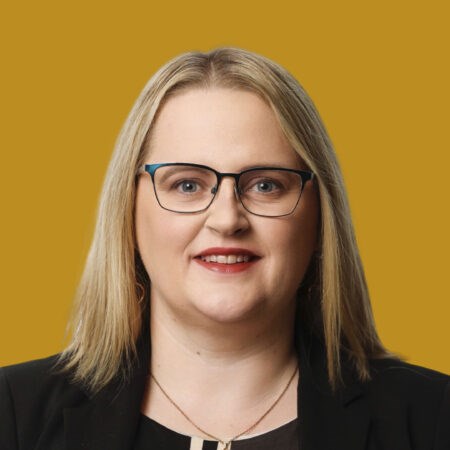
About Conor
Conor is a partner in our Financial Services team and is based from our London Office. He advises of all aspects of banking and financial services law, with a particular focus on project finance, fund finance and leveraged finance transactions.
Conor has extensive exper...
About Conor
Conor is a partner in our Financial Services team and is based from our London Office. He advises of all aspects of banking and financial services law, with a particular focus on project finance, fund finance and leveraged finance transactions.
Conor has extensive experience advising a range of clients, including large domestic and international sponsors and financial institutions on a wide range of domestic and cross-border transactions.
He has been recognised as a “Rising Star” by IFLR 1000. Prior to joining the Firm, Conor worked from the London office of another leading Irish law firm.
“Very proactive and practical problem-solver. Meets deadlines efficiently and without fuss.” – IFLR 1000
clynch@mhc.ie
























